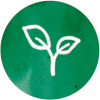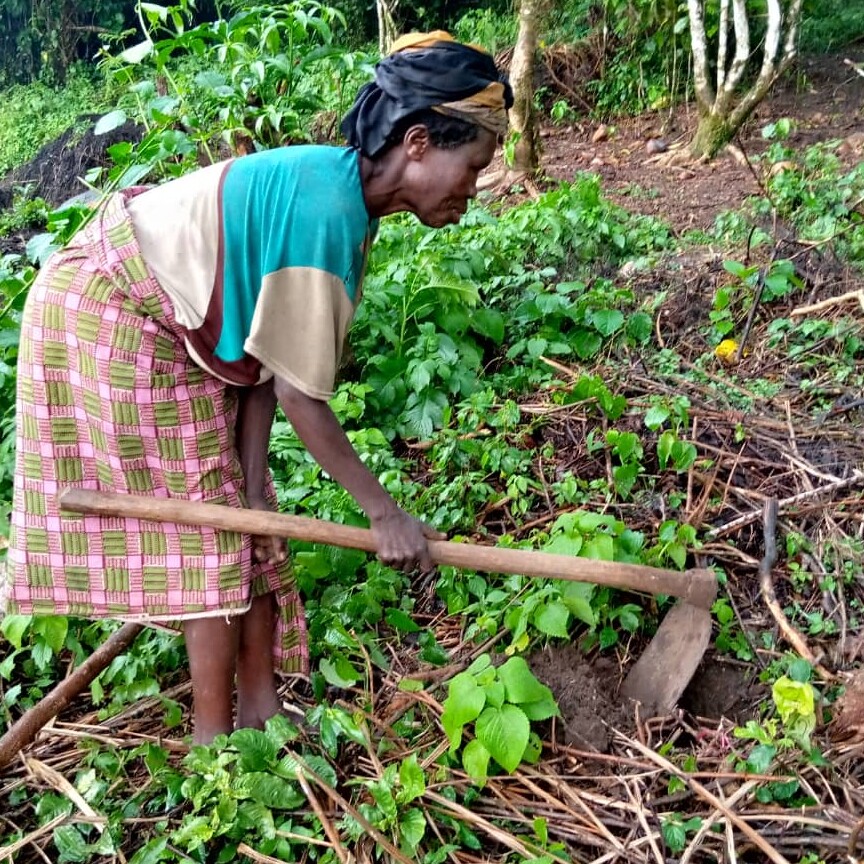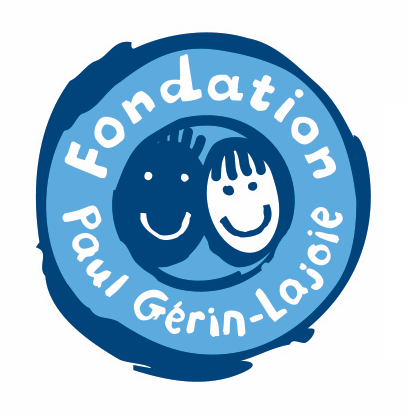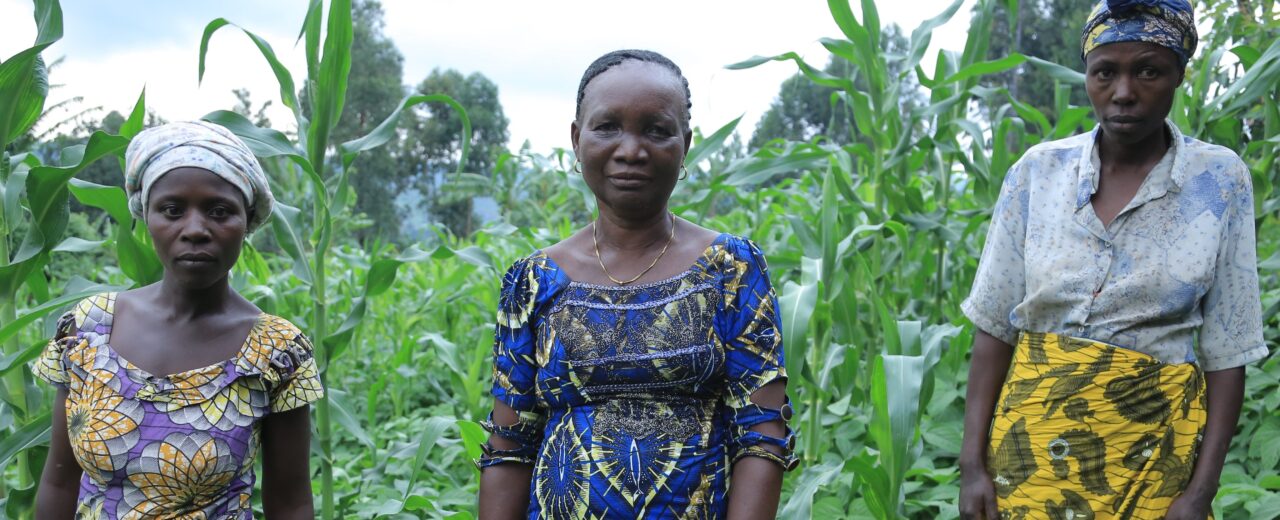 Cultivating Resilience Through Agriculture
Cultivating Resilience Through Agriculture
Empowering Women Farmers in South Kivu
The Congo Basin stands as a testament to the awe-inspiring diversity of our planet's ecosystems. As one of the most biodiverse regions globally, it occupies a vital position, second only to the Amazon in terms of tropical rainforest coverage. Recognized by UNESCO's World Heritage List, this expansive area is home to an astonishing array of flora and fauna, some unique to the region. Within the verdant landscapes of South Kivu lies a unique narrative - a story not just of ecological abundance that must be preserved, but also of the pivotal role that women can and must play in environmental stewardship. Amidst South Kivu's lush forests and winding rivers, women have the power to stand as guardians of biodiversity, champions of climate resilience and defenders of their communities' safety and prosperity. Their leadership underscores the imperative of gender equality in shaping sustainable practices and building a more resilient world.
Necessity
Food security and climate leadership for women farmers in South Kivu
Activity
Women farmers receive climate-resilient agricultural training.
Countable effort
Every GOOD DEED will provide 30 minutes of agricultural and leadership training to Congolese women engaged in small-scale agriculture.
Result
208 women farmers will be trained in climate-resilient agriculture and empowered to launch into entrepreneurship over 9 months.
Systemic effect
Increased food security and sustained livelihoods for families, boosted biodiversity management and climate leadership for communities of Kamakombe
Background
The Democratic Republic of Congo (DRC) grapples with multifaceted challenges, exacerbated by its vulnerability to climate change. The Notre Dame Global Adaptation Initiative (ND-GAIN) ranks the DRC 182nd out of 185 countries for susceptibility to climate change, highlighting the severity of the issue. This not only threatens the livelihoods of farmers but also imperils the rich biodiversity of the Congo Basin, one of the world's most biodiverse regions. The ongoing humanitarian crisis in the region further compounds these challenges, with South Kivu hosting one of the largest populations of internally displaced people globally. Among those most affected are women, who traditionally engage in small-scale agriculture to feed their families. Representing 63% of agricultural workers in the region, they bear the brunt of climatic and humanitarian challenges, which threaten food security and livelihoods and exacerbate poverty and malnutrition. In light of these pressing challenges, there is an urgent need for sustainable solutions to address the intersecting issues of environmental degradation, humanitarian emergency and gender inequality. By empowering women engaged in small-scale agriculture in South Kivu and placing them at the heart of the solution, the project will catalyze positive change and foster resilience - by creating the conditions for improved food security, diversified income and climate leadership - benefitting women and their entire communities.
The good deed
With your GOOD DEED, you can support the empowerment of women engaged in small-scale agriculture in South Kivu by providing them with training in sustainable agricultural practices. They will learn how to rehabilitate family lands to develop climate-resilient spaces, which will boost food production for family consumption and enable them to transform unpaid work into income-generating activities. In doing so, the project will both increase the climate resilience and economic independence of these women, with a focus on the most vulnerable groups such as Indigenous and internally displaced women. The project can expect positive outcomes beyond Kamakombe as women enhance their economic status and climate leadership, which will reduce gender stigma and discrimination, and as biodiversity conservation and preservation efforts ramp up, yielding long-lasting benefits.
Challenge
In Kamakombe, women engage in agriculture to meet the consumption needs of their households, families and community, playing a pivotal role in food security. Young women, who represent 63% of agricultural workers in South Kivu (FAO, 2020), bear the asymmetric responsibility of performing vital and labor-intensive tasks despite limited access to training. They are therefore disproportionately affected by climate change, facing shortages of viable land, overexploited soils and declining crop yields. Increasingly common periods of heavy rainfall, in addition to slash-and-burn agriculture, require women to travel farther into the tropical forest each season to find workable soils, putting them at greater risk of sexual and gender-based violence. The project seeks to train these women farmers, utilizing sustainable agricultural practices to rehabilitate family lands. This will allow them to develop and maintain viable, climate-resilient agricultural spaces close to home and empower them to turn unpaid tasks into income-generating activities. The project’s main expected outcome is the increased climate adaptation and economic empowerment of women, especially Indigenous, internally displaced and other vulnerable women. The project will positively impact the women, in addition to their families, through increased and stabilized food security, nutrition and income. The broader community will also benefit from reduced food prices as more products reach local markets. The project can expect positive outcomes beyond Kamakombe as women further their economic standing – thereby reducing gender stigma and discrimination – and as sustainable agriculture benefits biodiversity conservation and restoration efforts. This project will work in parallel with the Fondation’s "Women in Action" project, funded by Global Affairs Canada in the amount of 10 million dollars. This project offers capacity-building in climate adaptation, agricultural equipment and farming inputs to Congolese women engaged in small-scale agriculture and furthers their economic and social empowerment, in addition to empowering women-led community groups to contribute to decision-making within their communities and province on climate resilience and their ability to control financial and productive resources. This project, as well as its security, human resources and monitoring infrastructure, will allow for the extension and sustainability of the GOOD DEED beyond the support provided by 24 GOOD DEEDS.

About DR Congo
Capital
of
DR Congo
Kinshasa
Population
DR Congo
110,243,133
2024
44,5% in cities
median age
(2024)
15.8 years
GDP per capita
2123 CAD$
Rank 187 out of 190
(2024)
HDI
0.481
ranks 180th out of 193 countries
(2024)
Part of Virunga National Park, Africa's oldest national park, lies within South Kivu. This UNESCO World Heritage Site is home to a diverse range of wildlife, including endangered mountain gorillas.
About the organization and further information

Fondation Gérin-Lajoie
Website
Further information and source
- • Folk Bernadotte Academy. (2023). Risques sécuritaires liés au changement climatique dans l’Est de la RDC: Perspectives locales des provinces du Nord et Sud Kivu.
- • Ministry of the Environment and Sustainable Development, 2021. National Adaptation Plan to Climate Change (2022-2026).
- • International Union for Conservation of Nature (2021). A Place to Call Her Own: land titling and gender-based violence in South Kivu.




